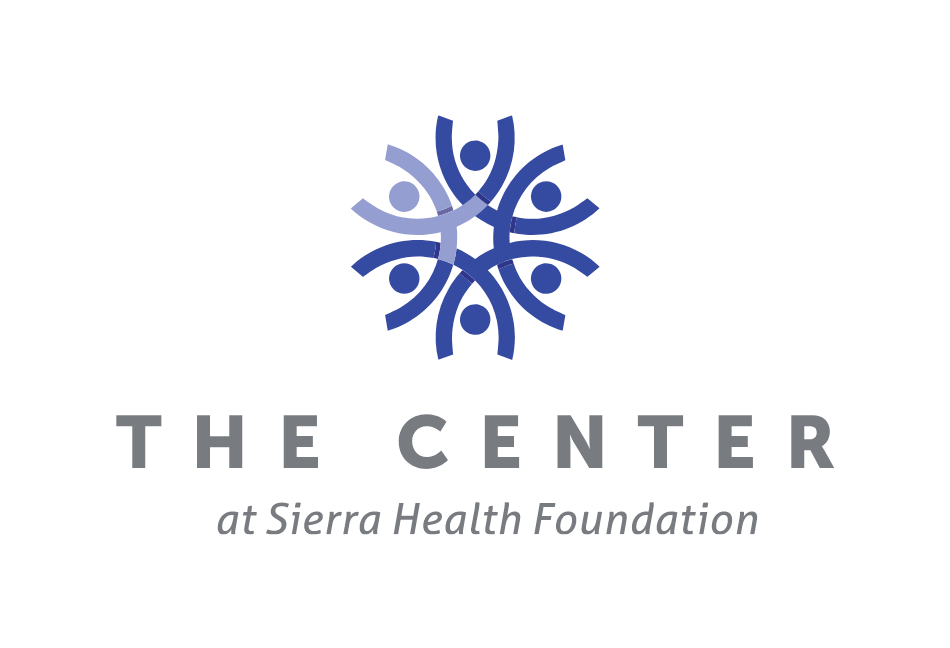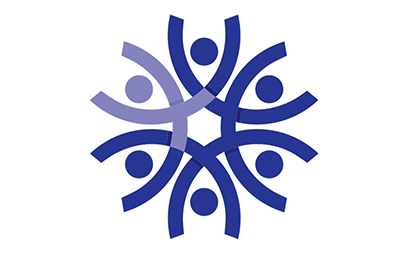The state furthers its investment in harm reduction services through the California Overdose Prevention and Harm Reduction Initiative
The Center at Sierra Health Foundation in partnership with the California Department of Public Health (CDPH) today announced $61 million in funding awards to 55 organizations through the California Overdose Prevention and Harm Reduction Initiative (COPHRI). This initiative represents the largest investment in harm reduction services in California’s history and demonstrates the state’s commitment to addressing the ongoing overdose crisis. This historic investment over four years supports overdose prevention and response interventions, drug treatment provision and access to harm reduction service providers.
COPHRI builds on a $15.2 million pilot program that funded 36 syringe services programs from 2020 to 2023 through a collaboration between CDPH and the National Harm Reduction Coalition. The impact of that initiative on delivering opioid overdose prevention services was especially striking: while harm reduction programs distributed 28% of the naloxone dispensed by the Department of Health Care Services’ Naloxone Distribution Project, they accounted for 59% of the reported overdose reversals. Funded programs also reported a 61% increase in the number of people they serve entering treatment for substance use disorder. Participants from syringe service programs that offered on-site medication for opioid use disorder (MOUD) were twice as likely to be currently prescribed buprenorphine and methadone than those in areas where on-site access was not available. These successes led the California Legislature to create COPHRI as part of the Budget Act of 2023, representing a fourfold increase in funding.
COPHRI funding extends the reach of services from 36 to 55 organizations, with potential to offer funding to up to 72 service providers across the state. Funding also adds street medicine and clinic-based programs to the initially funded grassroots harm reduction organizations, with all funded programs contracted to deliver core syringe service and overdose prevention activities.
“Syringe services programs are the primary vehicle for reaching the people at greatest risk of experiencing an overdose, and CDPH Office of AIDS is pleased to continue supporting frontline staffing to strengthen California’s ability to prevent and respond to overdose,” said Marisa Ramos, PhD, Office of AIDS Division Chief for the California Department of Public Health. “The California Overdose Prevention and Harm Reduction Initiative will boost the efforts of harm reduction programs to reach Indigenous, Black and Latinx communities most affected by the overdose crisis. The need for frontline harm reduction services is critical; particularly as the fourth wave of the overdose epidemic is underway.”
COPHRI is a collaborative project among The Center at Sierra Health Foundation, which manages grantmaking and partnership with granted organizations; National Harm Reduction Coalition, which leads capacity building efforts of granted partners; and California Department of Public Health’s Office of AIDS, which provides technical assistance support to the organizations delivering critical health services to communities in all corners of the state.
“COPHRI demonstrates the critical – and proven – role harm reduction plays in promoting health, safety and wellness for people who use drugs, including access to treatment, overdose prevention, health care and social support without judgement, punishment or coercion,” said Chet P. Hewitt, founding CEO of The Center at Sierra Health Foundation. “This historic investment also follows what we’ve long known to be best practice in philanthropic and nonprofit grantmaking: resourcing committed organizations to drive change in their own communities.”
The Center at Sierra Health Foundation was selected to manage COPHRI because of its expansive portfolio of drug user health programming, staff’s trusted relationships with the harm reduction community and the organization’s ongoing commitment to racial justice, health equity and responsible grantmaking practices.
“Receiving COPHRI funding is a monumental step. It means we can deliver harm reduction services in a way that is culturally responsive and community-driven—by us, for us. This support validates our work and affirms that our communities deserve equitable, compassionate care tailored to their needs,” said Oscar Arellano, Comunidad en Outreach for Resilience and Awareness (CORA) Executive Director.
“The investment of the COPHRI funding means we’re moving in the right direction and pushing for harm reduction to be prioritized, despite pushback by some stakeholders both in the state and across the US. For the people I serve, it means they’re going to have a better quality of life and access to more services; services that make them feel cared for, seen, heard and understood. As someone who is in long-term and sustained recovery, I know that’s the most important entry point to taking that step,” said Nate Smiddy aka “Narcan Nate”, Harm Reduction Coalition of San Diego BIPOC Program Manager.
Additional funding will be released in 2025 to support expansion of programs building capacity and infrastructure in communities that have historically lacked investment in harm reduction and community health services and other critical interventions to address the overdose crisis. Learn more on our California Overdose Prevention And Harm Reduction Initiative page.

